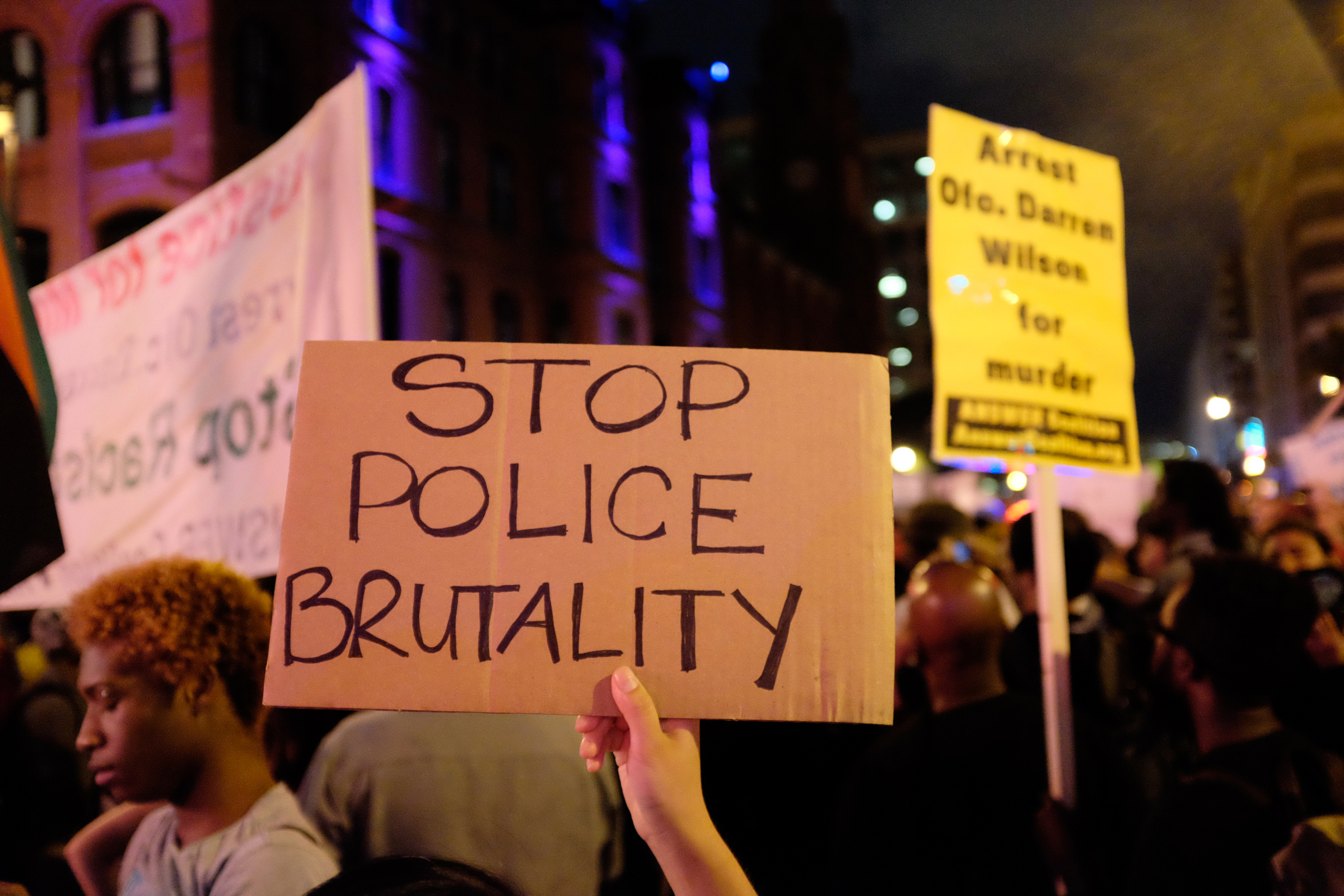5 Examples of Police Brutality Internationally
 Protests in the United States are bringing light to a troubling issue which has taken lives for generations: police brutality. However, police brutality affects almost every country in the world. Wherever there is a police force, there is the potential for police brutality. Here are five examples that demonstrate police brutality internationally.
Protests in the United States are bringing light to a troubling issue which has taken lives for generations: police brutality. However, police brutality affects almost every country in the world. Wherever there is a police force, there is the potential for police brutality. Here are five examples that demonstrate police brutality internationally.
5 Examples of Police Brutality Internationally
- Kenya: Police officers in Kenya often accept bribes. Not only that, but police often accuse, imprison or even kill those who cannot offer a bribe. Police officers demanding bribes disproportionately affect poor Kenyans. Kenyans in poverty are often unable to pay police and can experience detainment without probable cause for an indefinite period of time. Additionally, police frequently get away with assaulting or murdering citizens without suffering legal repercussions themselves. On June 8, 2020, citizens took to the streets of Nairobi, Kenya, to protest the police brutality that police employed when enforcing curfews during the COVID-19-related lockdown.
- Hong Kong: During the protests for democracy in 2019, widespread human rights violations occurred at the hands of the Hong Kong police, largely without repercussions. The brutality included improper use of rubber bullets, which have a design so that police can fire them at the ground before they bounce and hit people. Also, there was a misuse of bean bag rounds, the physical beating of nonviolent protesters, misuse of tear gas and pepper spray and the use of water canons. In some cases, detained protesters experienced subjection to severe beatings that amounted to torture. As a result, there has been a call for an inquiry into the police’s use of violence from an impartial and independent source as opposed to an internal investigation.
- Philippines: Since 2016, the drug war that Philippine Director General Oscar Albayalde waged has resulted in thousands of deaths. The killers, including police and independent gangs of men on motorcycles reportedly affiliated with the police, have not experienced legal action. Law enforcement killed more than 12,000 people during the drug war, and Human Rights Watch has urged Albayabe to consider the rights of the population. Frequently, police executions of citizens result from drugs that police plant on citizens, compounding the injustice. Some have called the drug war in the Philippines a “war on the poor” because it discriminates against the urban poor. Robberies often follow police killings of the urban poor. By targeting vulnerable populations, crooked police are able to commit extrajudicial crimes.
- Pakistan: Police brutality also affects the people of Pakistan. A particularly unjust example of this is the death of Salahuddin Ayabi, a person with mental disabilities, who went into police custody for an armed robbery. The police severely tortured him and ended his life. In Pakistan, police have killed hundreds of detained people by means of torture. The police often produce false testimonies and plant evidence on people before detaining them and sometimes murdering them. The Punjabi government has proposed legislative reform. However, some argue that the problem is not the legislation itself but the lack of proper implementation to hold police accountable. Impoverished Pakistanis are a targeted demographic, experiencing subjection to extrajudicial killings, detainment and police torture.
- El Salvador: Between 2014 and 2018 in El Salvador, police killed at least 116 people. To put this in perspective, El Salvador’s population is 6.421 million, about three-fourths of New York City population. Raquel Caballero described these killings as “brutal assassinations” in an interview with Reuters. The brutal actions of the police seem to correlate to the gang violence which plagues El Salvador, as many victims are gang members. Of the 48 cases of extrajudicial murders committed by police, only 19 officers experienced prosection and only two received convictions. El Salvador’s murder rate is one of the highest in the world, but some argue that should not excuse police officers to act in such a brutal manner. Additionally, women from high-poverty areas suffer from police brutality as a result of scant reproductive rights. For instance, women who seek abortions, even for obstetric emergencies, often suffer prosecution.
The examination of police brutality internationally by groups like the U.N., Human Rights Watch or Amnesty International is crucial in maintaining awareness of the pervasiveness of this problem. Perhaps the organizations which prosecute guilty police officers worldwide will emerge victorious in their efforts. Police need to meet the same standards as the populations they serve.
– Elise Ghitman
Photo: Flickr
